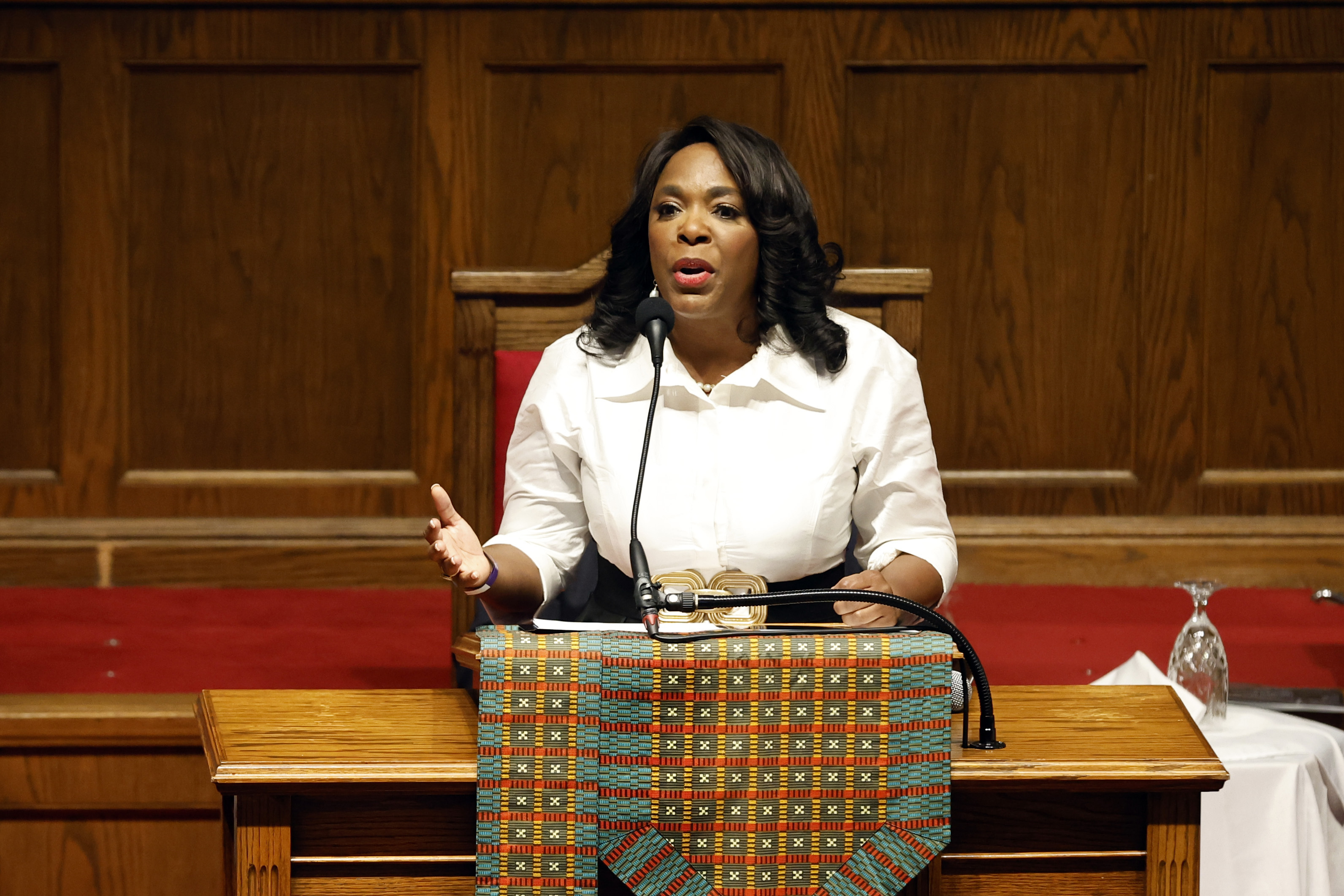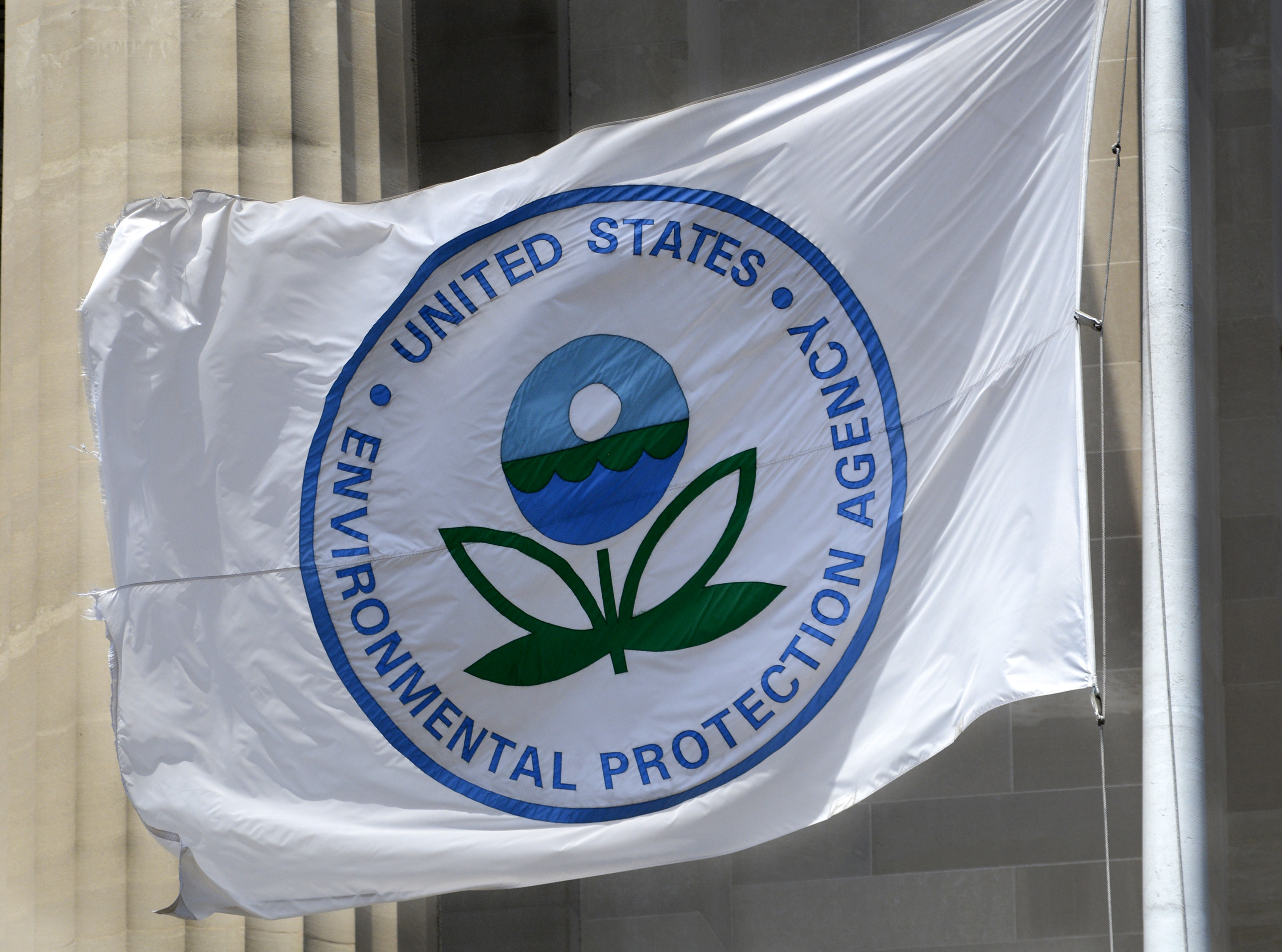Attendance at Disney's U.S. parks saw a dip toward the end of 2024, which the company has attributed to the effects of recent natural disasters.
The company held its quarterly earnings call on Wednesday, during which it announced that revenue in its Experiences division—which operates Disney's parks, resorts and cruise lines—had seen its operating income stay essentially flat in the three months that ended December 28 compared to the same period the previous year.
Disney's domestic experiences and parks saw "lower volumes attributable to declines in attendance," the company said, though it did not specify how much attendance dropped in the quarter.
Newsweek reached out to Disney via email for comment outside of business hours.
Why Did Disney Parks Attract Fewer People In Late 2024?
"Domestic parks and experiences' operating results for the current quarter were unfavorably impacted by Hurricane Milton and, to a lesser extent, Hurricane Helene," the company said in its quarterly report.
Walt Disney World is the largest of Disney's two domestic parks and is in Orlando, Florida, the state hit hardest by the two hurricanes that made landfall toward the end of 2024—Hurricane Helene in late September and Milton only a month later.
Walt Disney World was forced to close in early October as a result of Hurricane Milton. Goldman Sachs analysts at the time estimated that could hurt the Experiences division's pretax earnings by between $150 and $200 million.
According to Disney on Wednesday, the Experiences division saw a $120 million adverse impact on its operating income as a result of two storms, as well as the launch of the Disney Treasure cruise line.

Why It Matters
The impact of Hurricanes Helene and Milton indicates that Disney's earnings and attendance could be hit in the future by similar natural disasters, particularly since its two domestic parks are in states frequently impacted by such events.
In addition to the likelihood of another intense hurricane threatening Florida—which climatologists predict is likely—Disney's other domestic park, Disneyland, could also be at risk if extreme wildfires again strike California and reach Anaheim.
What To Know
Despite the recent downturn at its domestic parks, data indicates that overall attendance at Disney's locations has been increasing both domestically and globally since the pandemic.
While Disney itself does not release attendance figures, the 2024 Theme Index report, cited by Magic Guides, found that annual visits to the Magic Kingdom have grown from 12.7 million in 2021 to 17.7 million in 2023.
On Wednesday, Disney stated that the decline at its domestic parks was partially offset by a strong performance from its international parks and experiences, where operating income rose 28 percent year over year.
What People Are Saying
Disney CEO Robert A. Iger: "Our results this quarter demonstrate Disney's creative and financial strength as we advanced the strategic initiatives set in motion over the past two years...Our Experiences segment demonstrated its enduring appeal as we continue investing strategically across the globe."
Brandon Katz, senior entertainment industry strategist at Parrot Analytics, told Reuters: "Parks has always been Disney's ace-in-the-hole, a massively profitable division that helped to subsidize the immense cost required to prop up a cash-burning streaming operation. It's concerning that Parks has now reported softer-than-expected results in back-to-back quarters."
What Happens Next
In its outlook for the remainder of the financial year, Disney projected that its Experiences division will achieve operating income growth of 6 to 8 percent, compared to the previous year when the segment reported record revenue and operating income.
Do you have a story we should be covering? Do you have any questions about this article? Contact LiveNews@newsweek.com.














)





 English (US) ·
English (US) ·